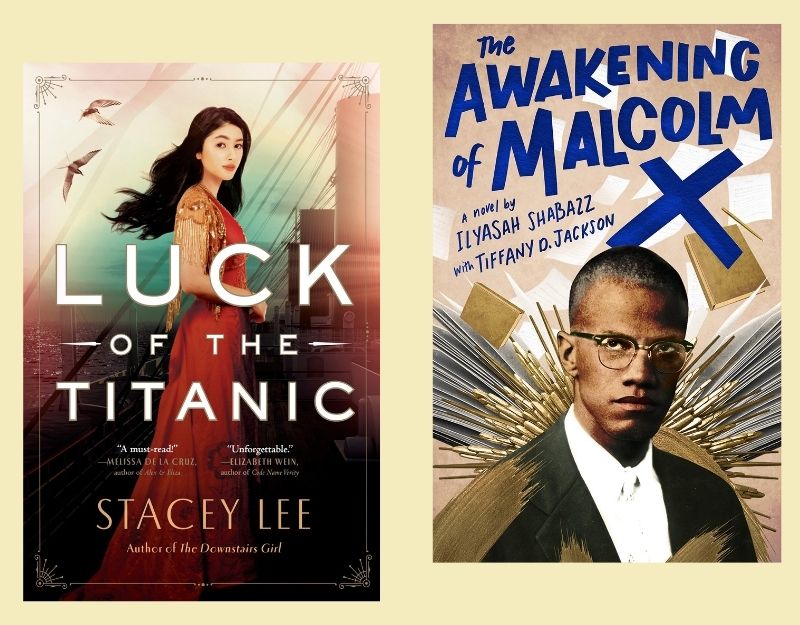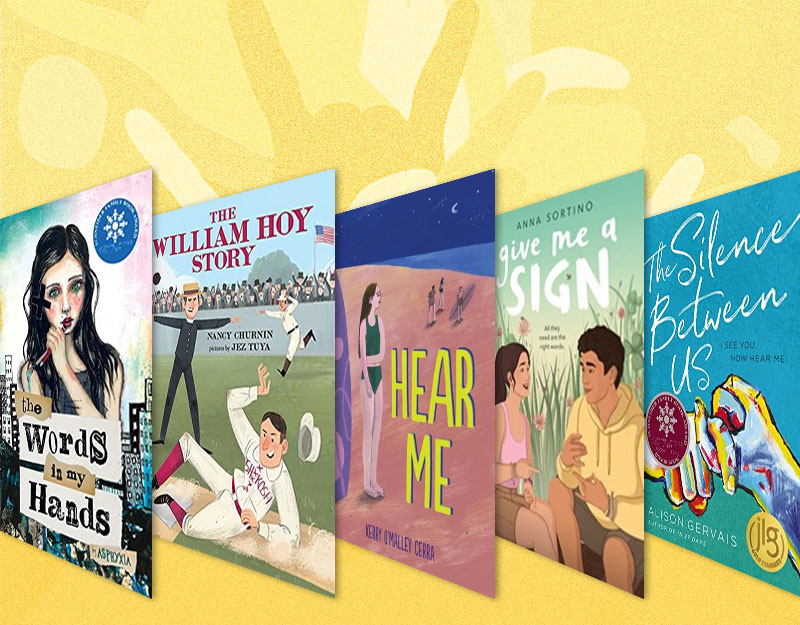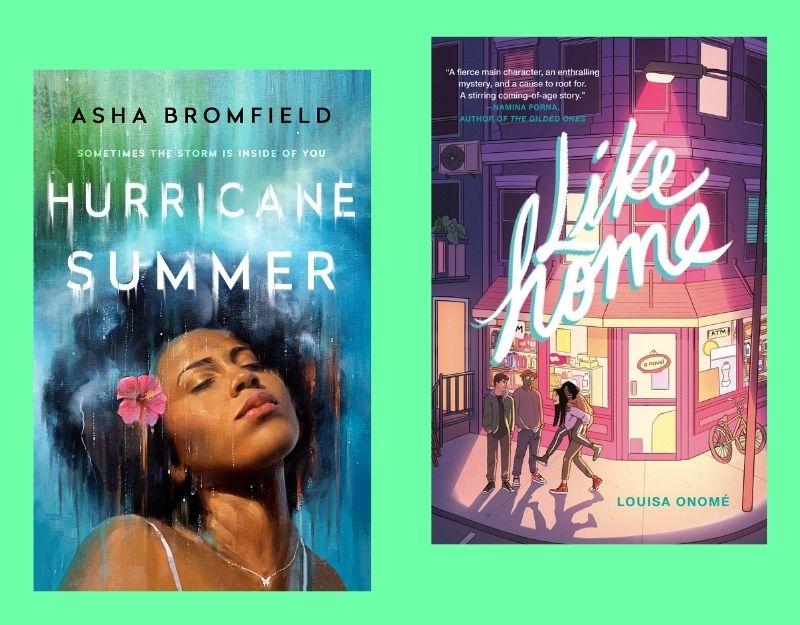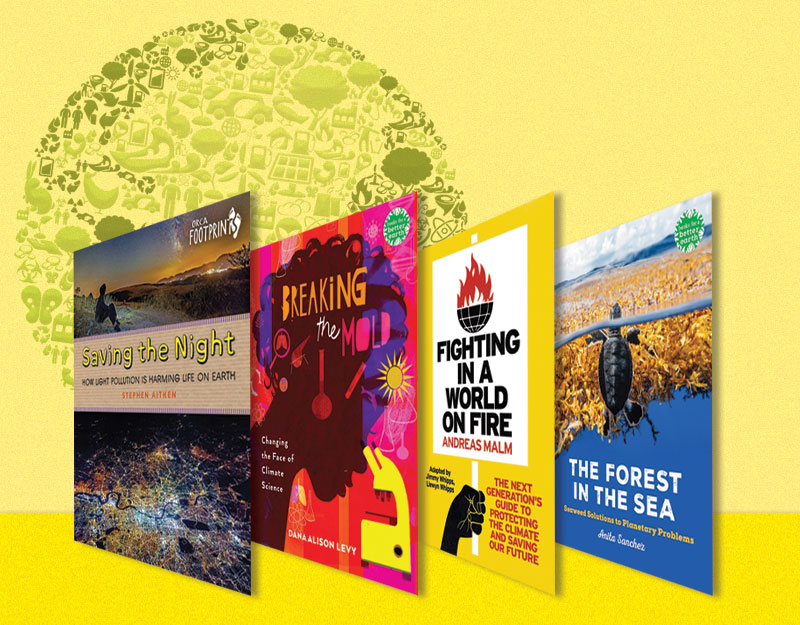From Page to Planet: Inspiring Young Environmental Champions Through Fiction, a guest post by Dana Klisanin
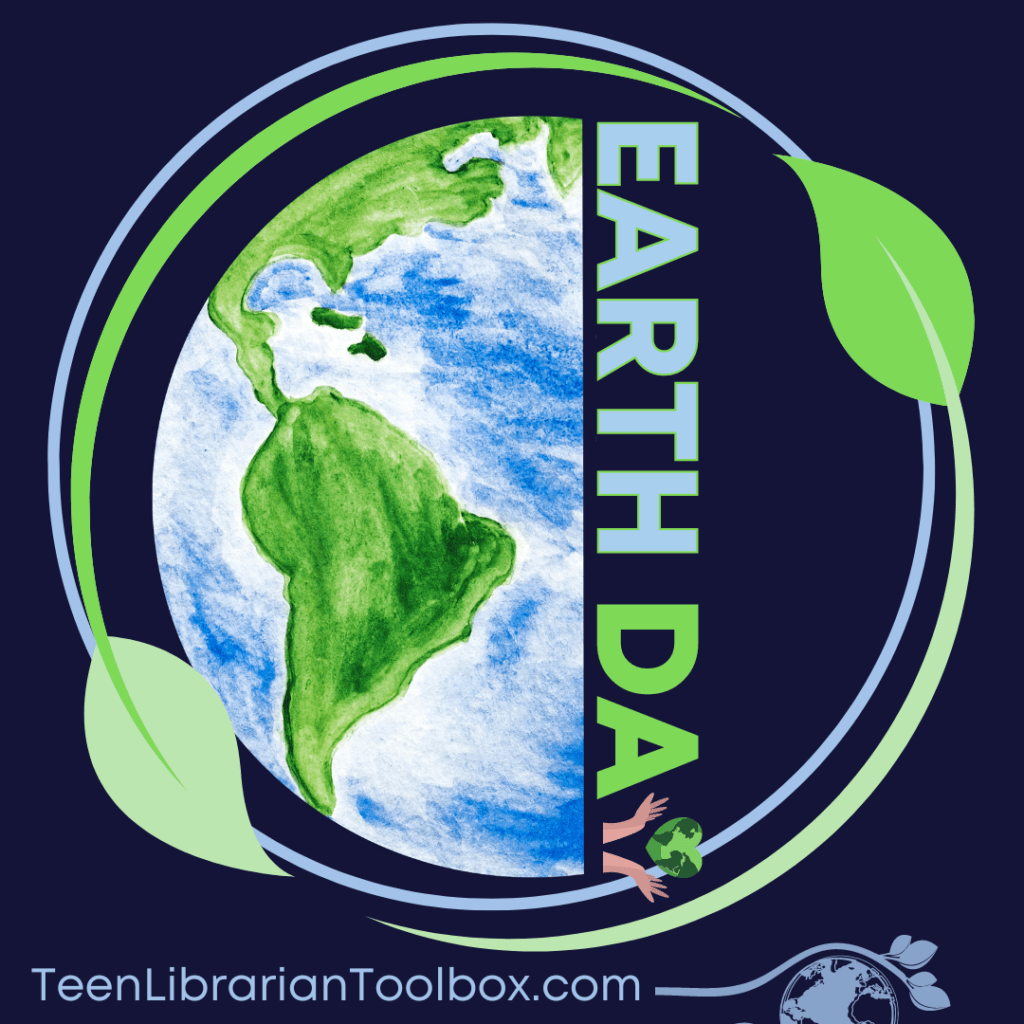
Chances are, you’ve heard of Greta Thunberg – the young Swedish climate activist whose passion for protecting the environment galvanized the Fridays for Future movement. Greta’s voice struck a chord and represented the voices of young people worldwide who are concerned about their future.
When Greta first began sitting in front of the Swedish parliament, she was fifteen. Before that, she had spent many years struggling with depression due to concerns about the climate crisis. A growing body of research shows that Greta wasn’t and isn’t alone: young people around the world are increasingly experiencing eco-anxiety. Eco-anxiety, while a relatively new term, encapsulates a growing concern among young people about the state of our planet. It describes the chronic fear of ecological doom, which is becoming a familiar feeling for many people, including younger generations. It’s a response to the overwhelming news about climate change, habitat destruction, and species extinction.
ADVERTISEMENT
ADVERTISEMENT
For younger students, these issues can seem particularly daunting—and many cannot express their concerns. This is where literature, specifically middle grade books, steps into the limelight, offering a unique platform to engage them on topics of climate change, eco-anxiety, and environmental protection in a manner that is both accessible and impactful.
The years 8-12 are when children forge their identities and values. By presenting characters who navigate these global challenges, middle grade fiction encourages readers to see themselves as agents of change, capable of making impactful decisions for the planet’s future. The transformative potential of storytelling inspired me to write Future Hack, the first book in the “Chronicles of G.A.I.A” series.
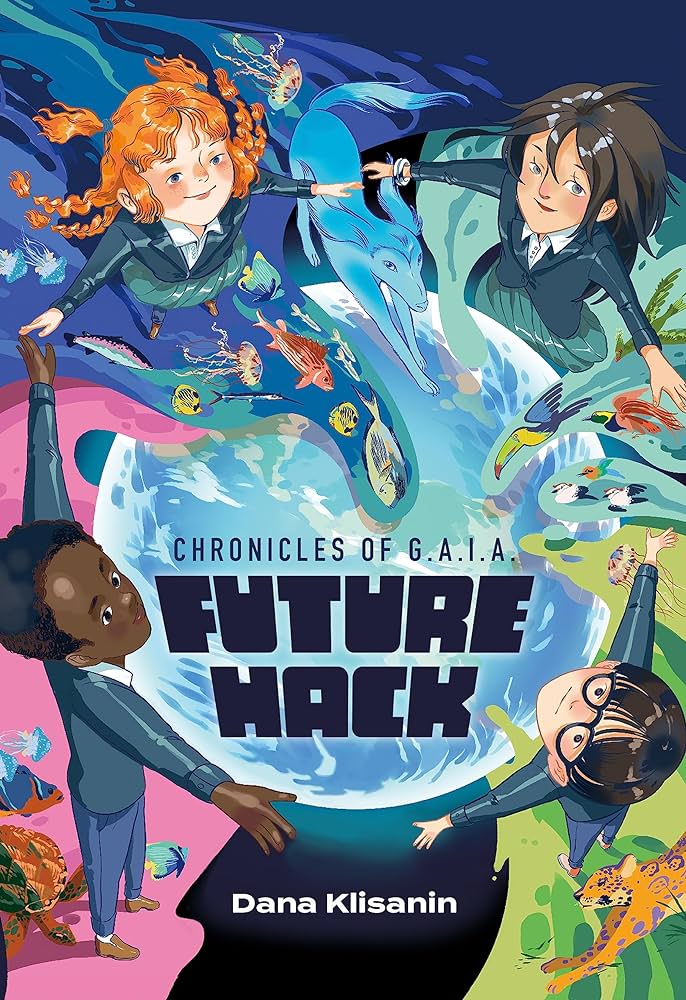
In Future Hack, the Global Anticipatory Intelligence Agency, or G.A.I.A., is introduced as a future think tank on a mission to safeguard our planet. A diverse team of protagonists are tapped to become planetary heroes and equipped with futuristic gadgets. The adventure narrative weaves today’s environmental challenges with tomorrow’s possibilities, urging readers to see their role in shaping a sustainable future. The second book in the series, Norbu’s Secret, is slated for publication in October 2024. In this book, the team will protect jaguars and learn about the rainforest’s vital role as the “lungs of the planet.”
In addition to “Future Hack,” other noteworthy books that engage with these topics include:
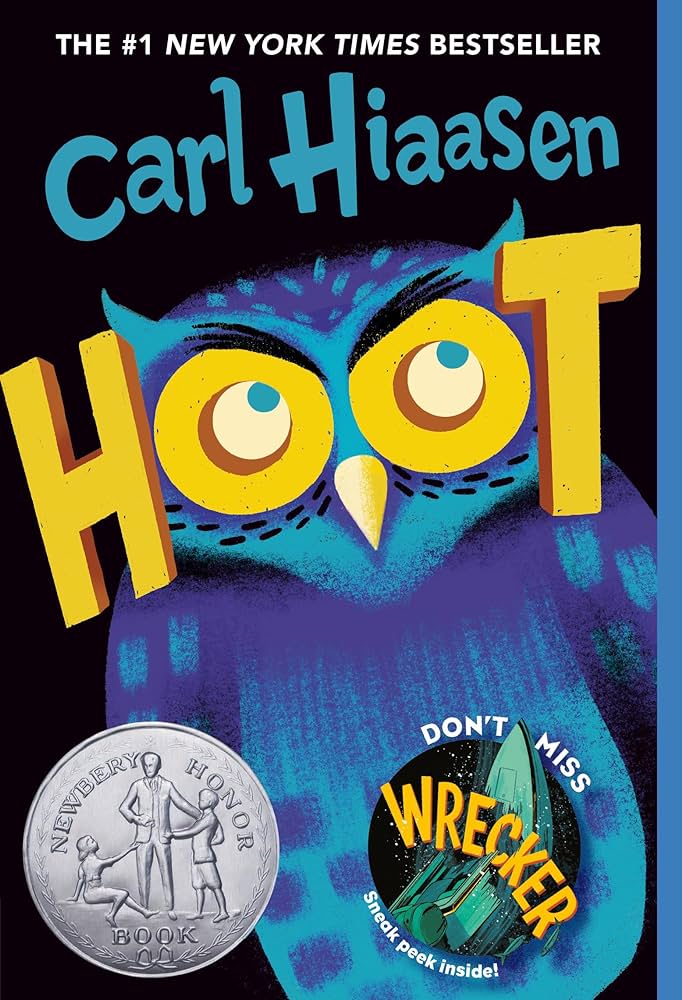
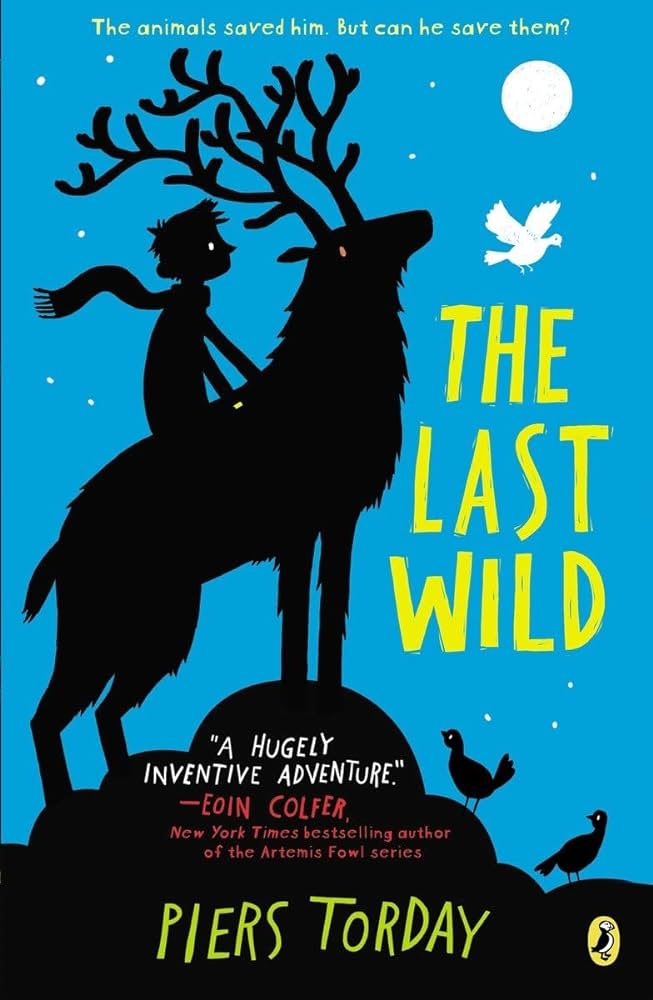
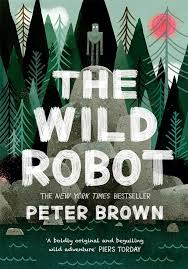
“The Wild Robot” by Peter Brown: Through the eyes of Roz, a robot that learns to survive and adapt in the wilderness, readers are introduced to themes of nature, technology, and what it means to be alive.
“Hoot” by Carl Hiaasen: A tale of young activists fighting to save a local owl habitat from destruction, “Hoot” combines humor with a message about the importance of conservation.
“The Last Wild” by Piers Torday: This series presents a world where animals no longer exist, and a young boy’s ability to communicate with the last remaining wildlife sparks a daring adventure to save them from extinction.
These books are ideal for sparking discussions on important topics such as sustainability, conservation, and how we can work together to protect our planet. Introducing environmental issues and youth activism through literature can encourage real-world engagement. Parents and educators can use these stories as starting points to talk about challenging topics, such as eco-anxiety. To harness the power of middle grade fiction in fostering environmental stewardship, educators, parents, and community leaders can initiate book clubs or reading groups focused on environmental themes. These forums can serve as safe spaces for children to express their feelings about what they’ve read and to discuss the real-world implications of the stories. Furthermore, integrating environmental projects—such as creating wildlife-friendly spaces at school or organizing local clean-up days—into these groups can translate the inspiration derived from books into tangible action. Such activities not only reinforce the lessons learned but also empower young readers to believe in their capacity to effect change in the world around them.
ADVERTISEMENT
ADVERTISEMENT
The “Mind the Middle” project has emerged at a crucial time—In January, Karen Jensen looked at the total number of MG Hardback titles for 8-12 slated for publication from January 1st through June 30th; of the 396 titles, 1 “Action Adventure” Title had the subheading “Ecology,” 6 had the subheading “Animals” (potentially related to endangered species but that is nothing more than a hopeful guess). In the Science Fiction category, no books had an environmental-oriented subheading. There were 10 Social Issues titles, but no subheadings. Some of those books may well be related to the issue at hand, as we know that the impacts of climate change, including rising sea levels and fires, displace people, forcing them into vulnerable positions. The takeaway? We need more middle grade books on environmental stewardship and youth empowerment.
Climate change and ongoing environmental destruction are daunting issues, but stories that equip children with the knowledge and agency to make a difference are one of the most important ways we can impact their future—and our own. By embedding environmental lessons within captivating stories, we can transform feelings of worry and helplessness into hope and action. Together, we can foster a future where every child feels empowered to protect and preserve our planet.
BIO
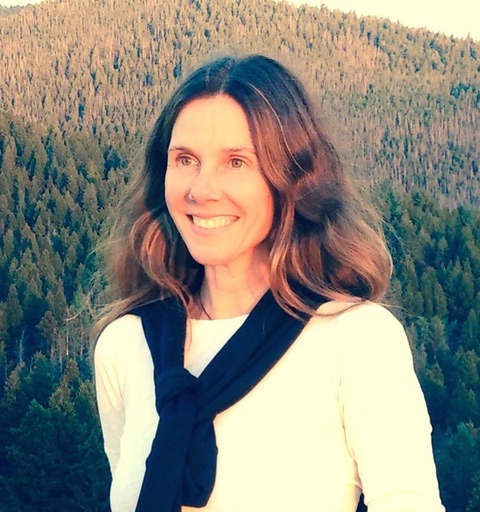
Dana Klisanin is an award-winning psychologist, futurist, and author. She founded ReWilding: Lab, and her research has been widely published and translated into multiple languages. Future Hack is her first book for children. To learn more about Dana and the Chronicles of G.A.I.A. series, please visit danaklisanin.com and follow @g.a.i.a.series on social media.
LINKS FOR THE ARTICLE
About Greta Thunberg’s early years: Our House is On Fire, https://www.amazon.com/Our-House-Fire-Scenes-Family/dp/0143133578
Research related to eco-anxiety:
Stanford article, https://globalhealth.stanford.edu/beyond-stanford/new-study-finds-high-levels-of-climate-anxiety-in-youth.html/
Note: I didn’t specifically cite this study because the researchers surveyed 16-25-year-olds rather than our target age group. However, it is my view that librarians, teachers, parents, and caregivers can change future statistics by providing 8-12-year-olds with access to inspiring and educational literature – literature that exposes them to the hardy mindset they need to address the climate crises and the tools they need to prevent, or cope, with eco-anxiety.
Jensen article: https://teenlibrariantoolbox.com/2024/01/22/mind-the-middle-middle-grade-fiction-by-the-numbers-for-the-first-half-of-2024/
Filed under: Earth Day
About Karen Jensen, MLS
Karen Jensen has been a Teen Services Librarian for almost 30 years. She created TLT in 2011 and is the co-editor of The Whole Library Handbook: Teen Services with Heather Booth (ALA Editions, 2014).
ADVERTISEMENT
ADVERTISEMENT
SLJ Blog Network
Notes on April 2024
Lifetime Achievement Awards and Upcoming Books: A Talk with Christopher Paul Curtis
Unhappy Camper | This Week’s Comics
ADVERTISEMENT



